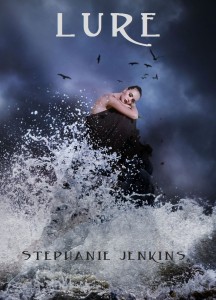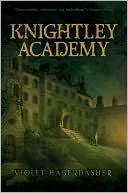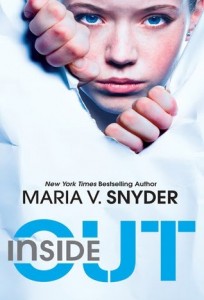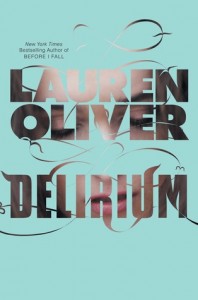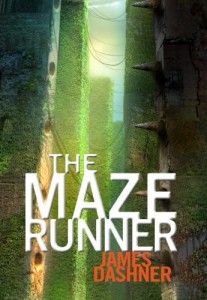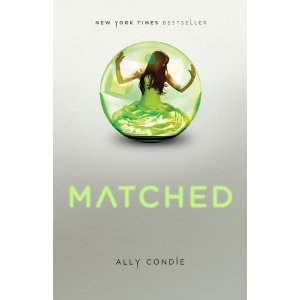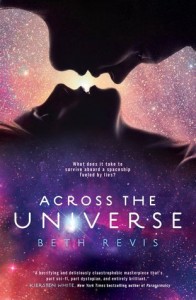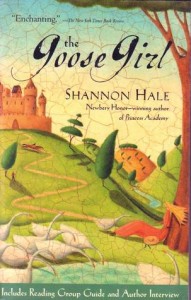 The Goose Girl, by Shannon Hale
The Goose Girl, by Shannon Hale
Rating: 4 out of 5
Ani, the crown princess, can whisper to horses and birds, but when it comes to speaking to her future subjects and living up to her mother’s expectations, she may as well be mute. Convinced that Ani could never rule her people, her mother ships her off to a neighboring kingdom as a bride, only Ani’s guard’s mount a mutiny led by her lady-in-waiting, Selia, to replace Ani with Selia. Barely escaping, Ani disguises herself as a goose girl, finds a position in the palace, and strives to overcome her insecurities and learn how to lead her people. But will it be enough to earn back her rightful place as princess?
The Goose Girl weaves together a wonderful fairy tale in a style reminiscent of Diana Wynne Jones. Based on the Brothers Grimm fairy tale by the same title, Hale reinvents this classic and adds an almost believable spin on this fantasy story. Ani, the princess who’s identity is stolen by Selia, her lady-in-waiting, is likable. You want her to succeed.The plot is intricate without become overwhelming in it’s complexity and there are enough twists and turns to keep you interested. If you are looking for a fun fantasy tale to get lost in for a couple days, the Goose Girl is a great option.
My one complaint is that the villains are a bit more two-dimensional than some other books I’ve read recently. Of course, this does keep with the style of an old-school fairy tale and the book is meant for a middle-grade audience. Middle-grade villains are often missing the complex motivation you are more like to find in young adult books. That being said, Selia is dealing with issues of wanting more from her lot in life and feelings of entitlement, very real feelings and realistic motivation for her actions beyond the standard villains are evil. When you couple this with Ani’s failings and her attempts to find her strengths and use them to her advantage, you find engaging characters with issues that are sure to speak to most readers.
The Goose Girl ends as any stand-alone book should, with a satisfying conclusion, only this isn’t the end of Ani and her friends’ adventures because the book is actually part of a series called The Books of Bayern. I think this is another one of the book’s strengths. You can feel satisfied if you only have time to read the first book, but if you find yourself thinking about it days or weeks later, you can find more of the wonderful world Hale has created by moving on to the second book, Enna Burning.


